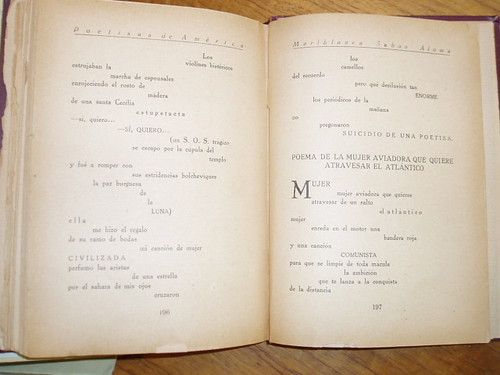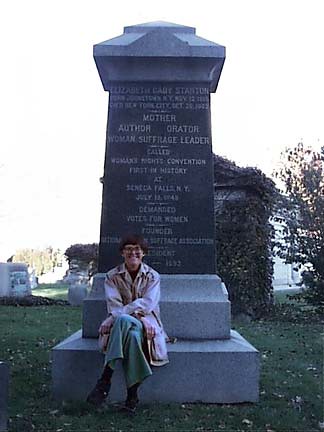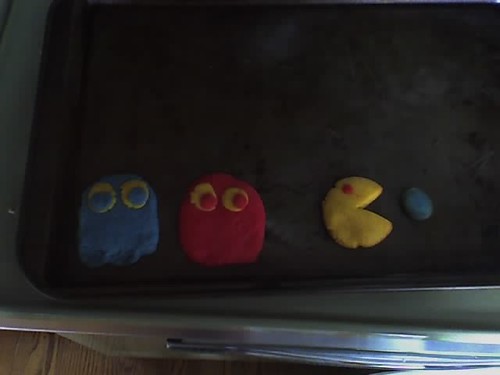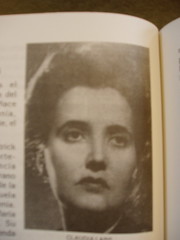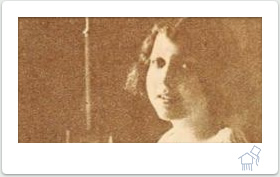The WOMPO women's poetry mailing list has had an amazing month on its bulletin board; all of November they've hosted The First Annual Festival of Women's Poetry online. 
Their (our) international section, Women Poets from Around the World, is notable for over 100 posts on Filipina poets, curated by Luisa A. Igloria. 
I've also really been enjoying the Foremothers posts by Ellen Moody. She gathers up poems by women from around the world from the past, and helps us not to lose our history as women poets. I respect her taste in poetry a lot and her blogging (and emailing) is impressively thorough.
Thanks to Shayla Mollohan and the rest of the WOMPO team for all their work this month! And to the list, just for being there all these years. Mostly, I'm a lurker there. But I love that list, especially for their self-organizing principles and all the people who step up and do the work.








